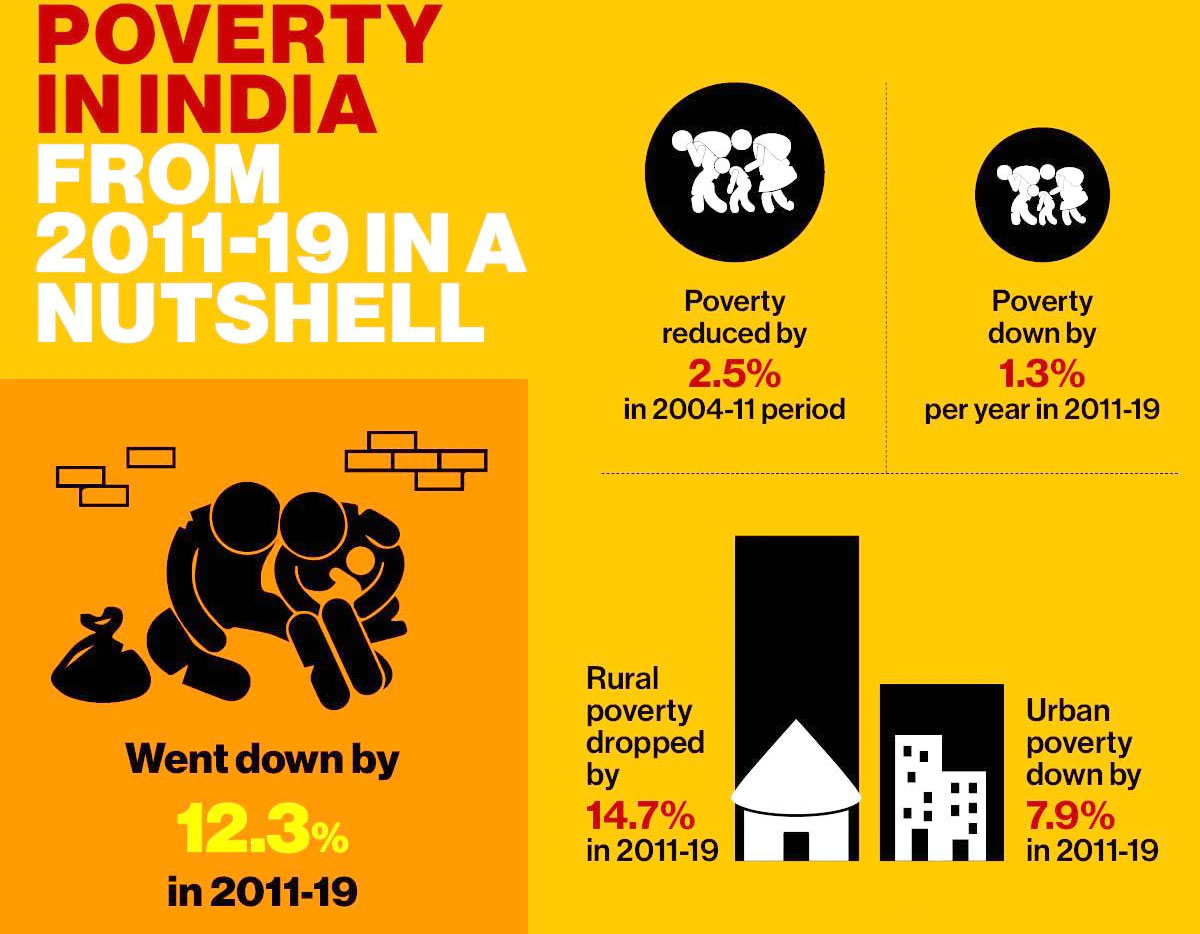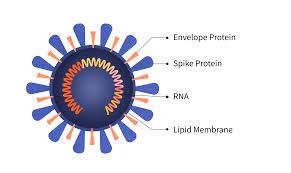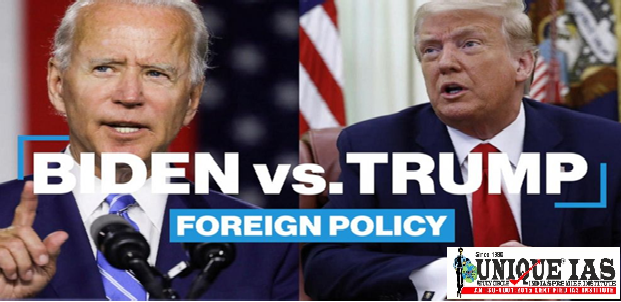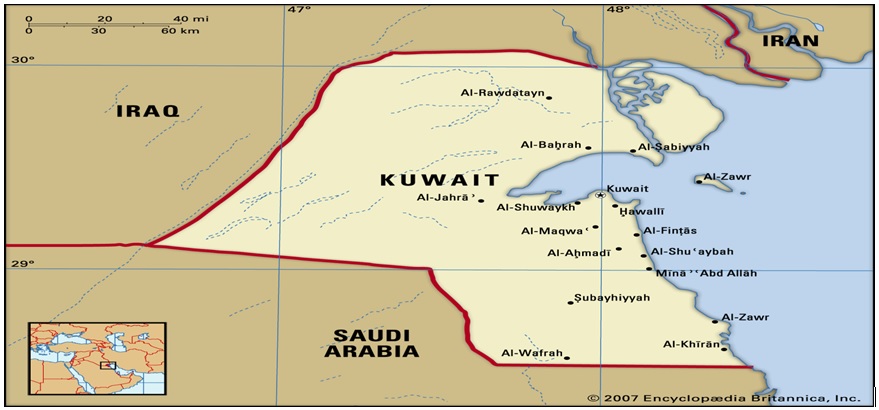WORLD BANK - REPORT ON POVERTY
Why in News?:
Recently, the World Bank released a report titled “Poverty and Shared Prosperity 2022: Correcting Course”.
Findings of the Report:
Global Poverty Reduction:
It has been slowing down since 2015 but the Covid pandemic and the war in Ukraine have completely reversed the outcomes.
Poverty reduction has slowed in tandem with subdued global economic growth.
As such, the global goal of ending extreme poverty by 2030 would not be achieved.
People living below the Poverty Line:
Given current trends, 574 million people—nearly 7% of the world’s population—will still be living on less than USD 2.15 a day in 2030, with most in Africa.
Rise in Inequalities:
The poorest people bore the steepest costs of the pandemic: Income losses averaged 4% for the poorest 40%, double the losses of the wealthiest 20% of the income distribution.
Global inequality rose, as a result, for the first time in decades.
Global median income declined by 4% in 2020—the first decline since measurements of median income began in 1990.
Suggestions of the report:
National policy reforms can help restart progress in reducing poverty.
Stepped-up global cooperation will also be necessary.
In fiscal policy, governments should act promptly on three fronts:
Avoid Broad Subsidies, increase targeted cash transfers:
Cash transfers are a far more effective mechanism for supporting poor and vulnerable groups.
Focus on Long-Term Growth:
High-return investments in education, research and development, and infrastructure projects need to be made today.
In a time of scarce resources, more efficient spending and improved preparation for the next crisis will be key.
Mobilize Domestic Revenues without Hurting the Poor:
Property taxes and carbon taxes can help raise revenue without hurting the poorest.
State of Poverty in India:
As per World Bank, Extreme poverty in India was 12.3% points lower in 2019 compared with 2011, as poverty headcount rate declined from 22.5% in 2011 to 10.2% in 2019, with a comparatively sharper decline in rural areas.






.jpg)
.jpg)
.jpg)





